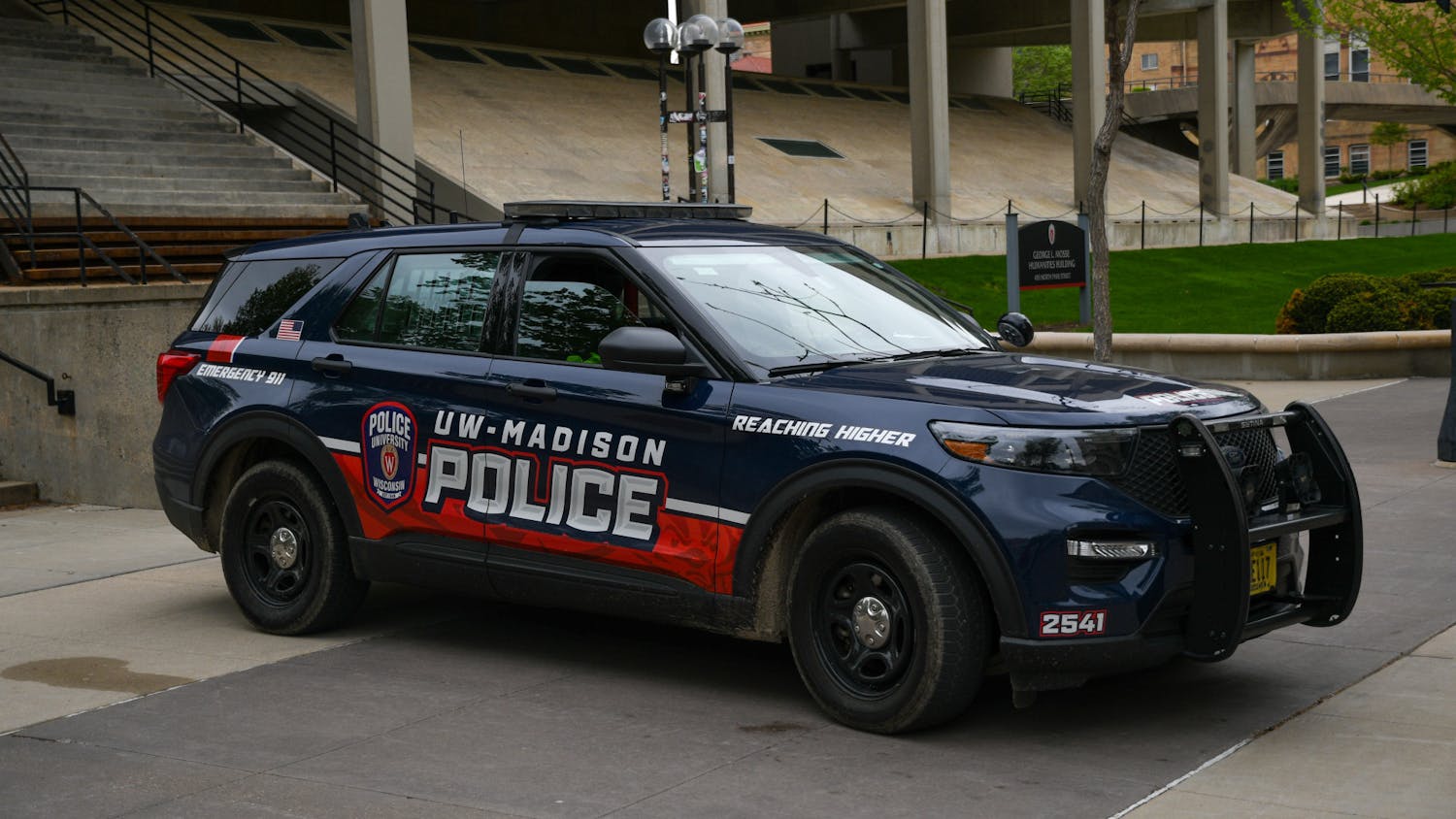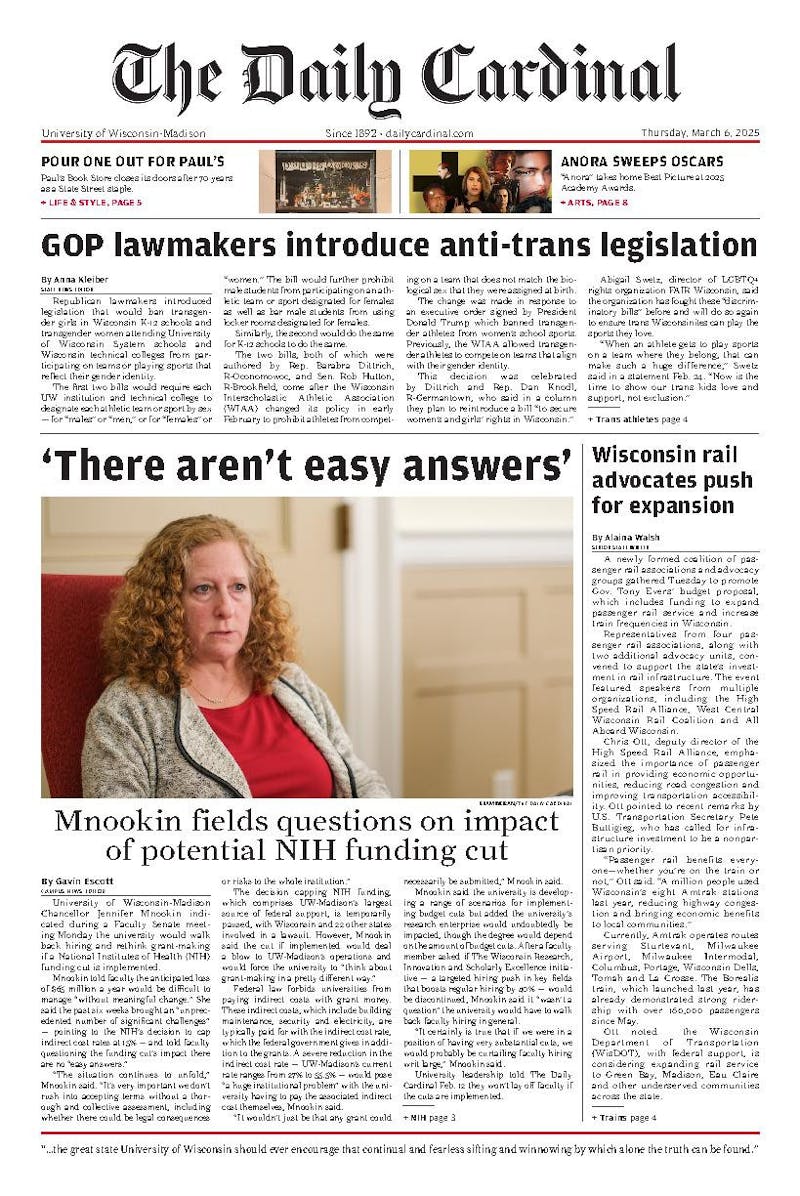The “Getting Real IV” lecture series at the University of Wisconsin-Madison featured the “Hip Hop in the Heartland Panel,” a discussion on the future of hip-hop education and teaching Monday.
The event was held in Grainger Hall and was part of an ongoing series sponsored by the Office of Multicultural Arts Initiative and hosted by UW-Madison education professor Gloria Ladson-Billings.
Three prominent hip-hop educators, Toni Blackman, Baba Israel and Michael Cirelli, sat on the panel.
Israel, a spoken word artist who considers himself one of the earliest hip-hop educators, discussed his recent projects, which include “Telepresence,” a technology more advanced than Skype that gives a heightened sense of presence of to users who are not actually in the room.
“What was amazing to me is … this idea, which for me feels like science fiction, for [the students] felt like what should be happening,” Israel said about a project collaborating young dancers in Manchester, England with a choreographer in New York.
Each panelist emphasized the importance of keeping a healthy balance between pursuing one’s own artistic work and educating students.
During the event, Ladson-Billings asked panelists about the challenges in their fields of work, which included narrow-mindedness and misconceptions about hip-hop.
“The biggest glaring barrier of this work is mainstream hip-hop,” Cirelli, the executive director of Urban Word NYC said. “The downfall of this movement and the mainstream media lens is that we only get to see one really monotheistic perspective of the ‘pimp, ho, gangster trilogy.”’
At the end of the panel, time was allotted for discussion between the attendees and the panelists, during which one student sought advice on how to instruct a large groups of youths in hip-hop.
“You’ve got to take care of yourself. Because this work we do is not a game … this affects your life,” Blackman said. “And these young people? They’re watching you too. They know when you’re happy. They know when you’re sad. There’s a reason why you hear teachers say ‘my kids’. Because they become yours.”






